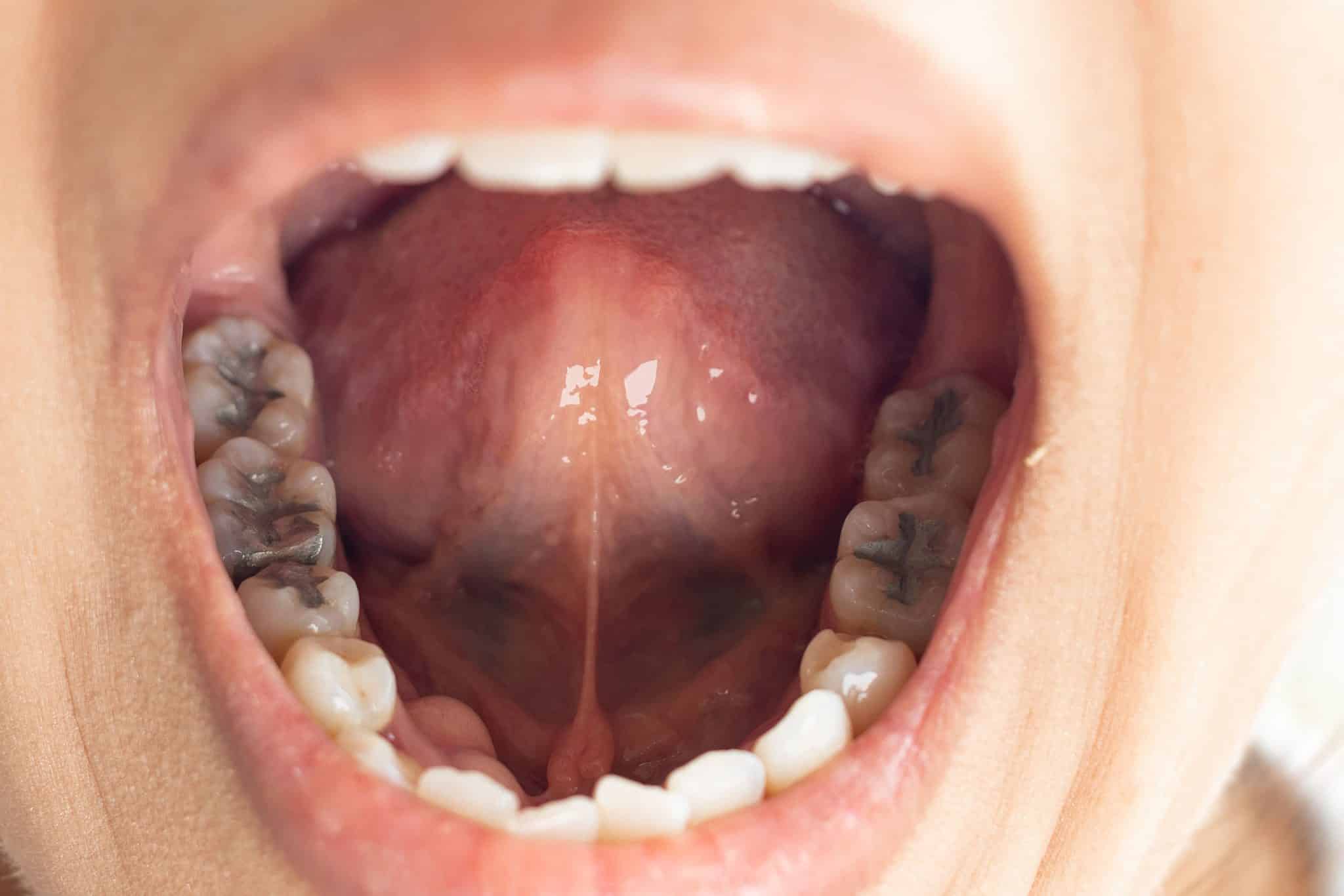White Spots On Teeth Calcium

The appearance of white spots on teeth can be a concern for many individuals, and one of the key factors associated with this issue is calcium. Teeth are made up of a hard, outer layer called enamel, which is composed of highly mineralized, non-living crystals. The primary minerals present in tooth enamel are hydroxyapatite, fluorapatite, and other calcium phosphate compounds. When the mineral content, especially calcium, is altered, it can lead to changes in the appearance and health of the teeth.
Calcium plays a crucial role in the development and maintenance of healthy teeth. During tooth development, calcium is deposited into the teeth to help harden the enamel. However, in some cases, the enamel may not develop properly, leading to white spots or other defects. These white spots, also known as hypoplastic spots or enamel hypoplasia, can appear as small, opaque, or chalky areas on the teeth. They are often more noticeable on the front teeth and can be a cause of cosmetic concern for many individuals.
There are several reasons why white spots may form on teeth due to calcium issues:
- Fluorosis: Excessive fluoride consumption during tooth development can lead to fluorosis, characterized by white or yellowish spots on the teeth. While fluoride is essential for preventing tooth decay, too much of it can disrupt the formation of enamel, causing these spots.
- Enamel Hypoplasia: This condition occurs when the enamel does not form properly during tooth development. It can be caused by various factors, including genetic disorders, nutritional deficiencies, or exposure to certain chemicals during pregnancy or early childhood.
- Dental Caries: The early stages of tooth decay can also appear as white spots on the teeth. When bacteria in the mouth break down food particles, they produce acid that can damage the enamel, leading to the formation of white spots.
- Poor Oral Hygiene: Inadequate brushing and flossing can lead to plaque buildup, which can cause demineralization of the enamel, resulting in white spots.
- Nutritional Deficiencies: A diet lacking essential nutrients, such as calcium, vitamin D, and phosphate, can affect tooth development and lead to enamel defects, including white spots.
To address white spots on teeth caused by calcium issues, several treatment options are available:
- Fluoride Treatments: Professional fluoride treatments can help strengthen tooth enamel and reduce the appearance of white spots.
- Tooth Whitening: In some cases, tooth whitening procedures can help minimize the appearance of white spots by bleaching the surrounding tooth surface.
- Microabrasion: This is a non-invasive procedure that involves gently removing a small layer of enamel to reduce the appearance of white spots.
- Dental Bonding: In more severe cases, dental bonding can be used to cover the white spots with a tooth-colored resin.
- Preventative Care: Practicing good oral hygiene, including regular brushing, flossing, and dental check-ups, can help prevent the formation of white spots and maintain overall oral health.
In addition to these treatments, maintaining a balanced diet rich in calcium, vitamin D, and other essential nutrients is crucial for promoting healthy teeth and preventing enamel defects.
What are the main causes of white spots on teeth?
+Can white spots on teeth be prevented?
+Yes, white spots on teeth can be prevented by practicing good oral hygiene, including regular brushing and flossing, and maintaining a balanced diet rich in essential nutrients.
What are the treatment options for white spots on teeth?
+Treatment options for white spots on teeth include fluoride treatments, tooth whitening, microabrasion, dental bonding, and preventative care.
Regarding the role of calcium in tooth health, it is essential to note that this mineral plays a critical part in the development and maintenance of healthy teeth. Calcium deficiency or imbalance can lead to various dental issues, including white spots on teeth. By understanding the relationship between calcium and tooth health, individuals can take proactive steps to prevent enamel defects and maintain a healthy, beautiful smile.
In conclusion, white spots on teeth can be a concern for many individuals, and addressing the underlying causes related to calcium is crucial for effective treatment. By practicing good oral hygiene, maintaining a balanced diet, and seeking professional dental care when needed, individuals can promote healthy teeth and prevent the formation of white spots.

